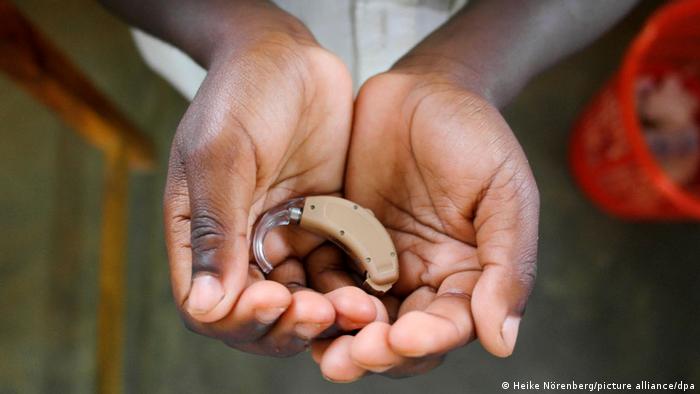A MOTHER is urging parents to watch out for this symptom in their kids after her daughter was diagnosed with cancer just weeks after she was.
Cindy Walker, 35 was diagnosed with breast cancer in July, after an unknown cousin called her up and told her she could be carrying a cancergene.
She underwent an operation to remove the cancer but was told she should would have to have a double mastectomy and chemotherapyto ensure the disease doesn’t return.
Just two months later, Cindy’s worst fears came true as her daughter Lily, three was also diagnosed with a cancer known as rhabdomyosarcoma.
“She gets poorly from the chemo, she’s just a sick, poorly kid,”; Cindy from North Sheen, Surrey, explained.
Rhabdomyosarcoma (also known as RMS) is a type of cancer that affects the muscles that are attached to the bone.
There are up to 60 new cases a year in the UK, according to the charity Children with Cancer.
About 70 per cent of people with rhabdomyosarcomasurvive five years or longer.
Cindy and her husband, Anthony, 37 first notices there was something wrong with little Lily when he was helping her get changed.
“My husband was putting some knee pads on Lily so she could go out on her bike and he found a lump on her leg,”; she said.
“Obviously, because of my cancer gene I believed it was a tumour straight away and decided to get her to the doctor,”; Cindy explained.
After visiting the Newcastle’s Royal Victoria Infirmary in September, scans revealed the child has a cancerous mass in leg.
“She has that every week and she will also have to have an ovary taken out for the future, that will be frozen.
“They can also test her ovaries to see which egg has the cancer gene, so when she’s older, has a partner and wants to have a baby, she can use the egg which doesn’t have the cancer gene, which is really clever,”; she explained.
Lily will also have to get her right calf muscle removed, meaning her walking will be impaired, and a muscle from her back will be put into the leg.
She will also have to get more aggressive chemotherapy further down the line.
Cindy added: “She has good days, she has bad days. She’s lost all of her hair, she’s got a tube running from her nose to her tummy as she won’t take medicines – she’s just a poorly child.
“She also has a permanent tube running through an artery to her heart so they can take blood and give her medicines.”;
Following Cindy and Lily’s cancer diagnoses, the mum is now urging women to check their breasts for lumps and also wants parents to check their children, too.
“With me I don’t think I would have went to the doctors straight away if I’d found a lump and hadn’t already had cancer”;, Cindy said.
“I probably would have left it, thinking it’s just a boil or an abscess. But it’s so important to get it checked out to be safe.”;
Common symptoms of Rhabdomyosarcoma
The most common symptom is a lump or swelling. Other symptoms will depend on the part of the body that̢۪s affected by the rhabdomyosarcoma:
- a tumour in the head or neck area can sometimes cause a blockage (obstruction) and discharge from the nose or throat; occasionally, an eye may appear swollen and protruding
- a tumour in the abdomen (tummy) can cause pain or discomfort in the abdomen and difficulty going to the toilet (constipation)
- a tumour in the bladder may cause symptoms such as blood in the urine and difficulty passing urine (peeing)




